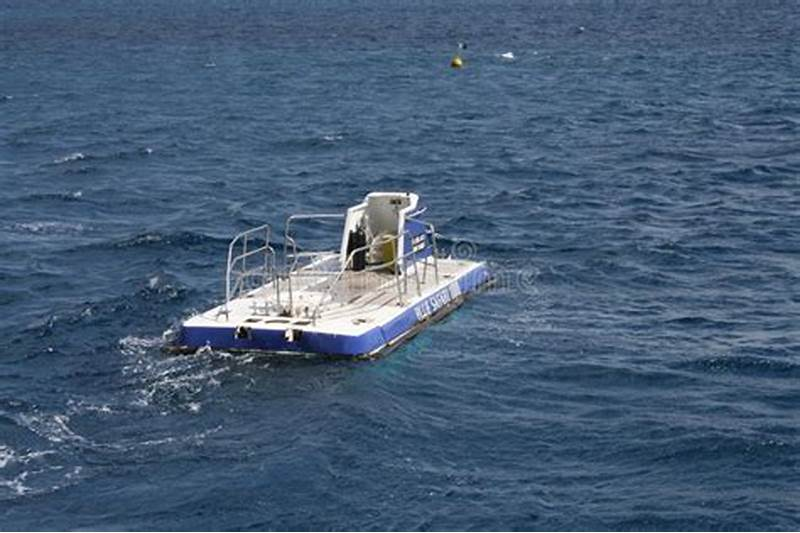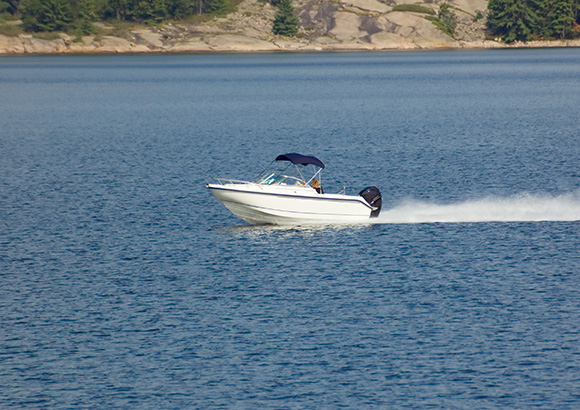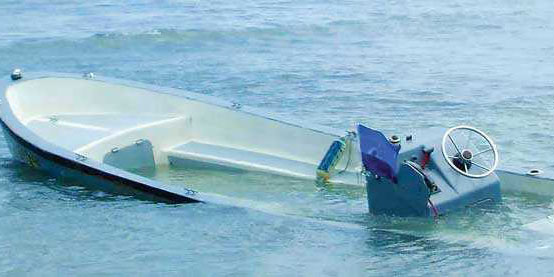Introduction
What Is Boat Owners' Insurance? You and your insurance provider enter a legal agreement when purchasing boat owners' insurance. It protects your vessel and its gear, like life vests, anchors, and dinghies. Additionally, it safeguards you from legal responsibility if you injure someone or their property while on the water. The Insurance Company's promise to cover certain losses is contingent on receiving the premium payment.

How The Insurance For Boat Owners Works
Insurance for boat owners follows the same basic ideas as other types of insurance. For the payment of a periodic premium, the insurance company agrees to bear the financial burden of numerous potential dangers associated with the vessel's ownership or operation. Insuring a boat is important because its owner is responsible for its safety and the safety of its passengers and anyone else who might be on or near the water during an accident.
Physical Damage - What Losses Are Covered?
Physical damage insurance typically covers costs to repair the boat after various perils have damaged it. "All risk" insurance, as provided by the best policies, ensures coverage for damage or loss so long as the cause is not specifically disallowed. Hail, wind, rain, lightning, wave action, fire, vandalism, theft, or accidents involving docks, floating or submerged objects, or vessels are all common causes of loss. Selecting a policy that covers your boat while it is stored on dry land or transported on a trailer is a good idea.
Optional Insurance Coverages:
Many land-based and maritime towing options are available. Loss of the need to pay a deductible. The protection of one's possessions through insurance. Assuring security for fishing gear. Coverage Icy/Freezing
Loss Settlement - Agreed Value Vs. Actual Cash Value
The primary distinction between yacht and boat policies is whether physical damage claims are settled at "Agreed Value" or "Actual Cash Value" (ACV). In the event of a total loss, the amount specified in an Agreed Value policy will be paid out. Damage from a partial loss is typically covered under a similar policy at 100% (new for old) minus the deductible.
Does My Vessel Come Under Coverage By My Homeowners Or Auto Insurance Policy?
You are likely not covered if you do not purchase supplemental coverage in addition to your boat policy. Boats and personal watercraft are not covered by standard homeowner's or auto insurance policies. There are typically size restrictions and limits on horsepower or damage coverage in homeowner's insurance policies. Coverage caps are established differently for each state, insurance provider, and policy. Please don't wait until it's too late to figure out that your insurance isn't enough.
Property Insurance For Boats
A yacht (or any boat) can be safeguarded from potential perils by obtaining marine insurance. If your boat was damaged in an accident, property insurance could help pay for the repairs. It might be wise to have a backup boat ready if yours is stolen. Most policies will protect the vessel whether it's in the water or on dry land. Boat property insurance typically offers two types of coverage: cash value and agreed sum. Actual cash value insurance will consider depreciation when it comes time to pay for repairs.
At the time of purchase, you and your insurance provider will settle on a sum that will cover the cost of repairs based on the value of your boat. I'd like to know what factors affect the price of boat insurance. When calculating the cost of boat insurance, where you live is a major factor. Boat insurance, according to Progressive, is around $652 in Florida and $245 in Minnesota. According to Progressive, states without coastlines and a shorter boating season tend to have cheaper boat insurance rates.
Other Variables That Determine The Cost Of Insurance For Boats Include:
Worth of the boat, in other words. Dimensions, state, age, and category. Engine class. Specifically, the spot where an anchor is anchored. A description of the boat's launching spot. The owner's familiarity with boating. Previously asserted ownership interests. The boat's official registration document. An insurance company may consider your driving record and boating safety education when determining your premium. Discounts on Boat Insurance. Boat owners can save money on insurance by shopping around for deals like
Combining the premiums for multiple insurance policies, such as auto and boat, into a single payment. Carrying fire extinguishers that have been inspected and approved by the Coast Guard. For several years, no insurance claim has been filed. Completing a boating or water safety course. One that runs on diesel

Conclusion:
Protecting boat owners is the purpose of boat insurance. Boat insurance covers the boat itself and any belongings stored on board against theft, fire, and other perils. If your boat is damaged while on the water, the insurance will pay for the cost of having it towed back to shore.



